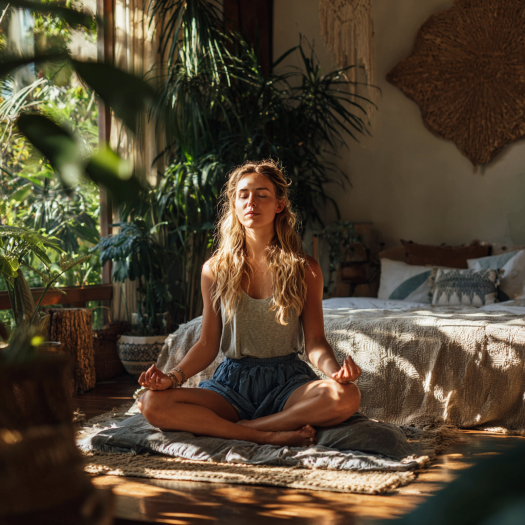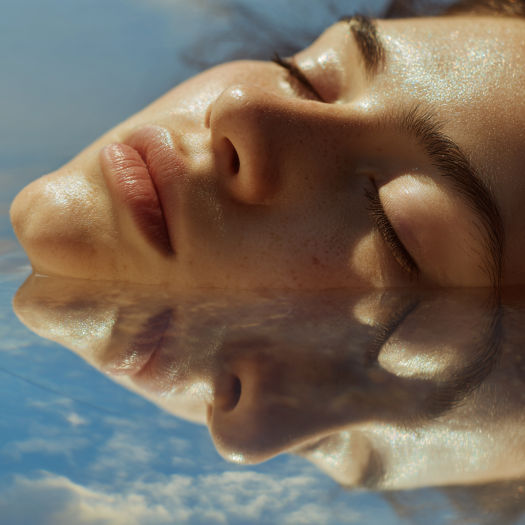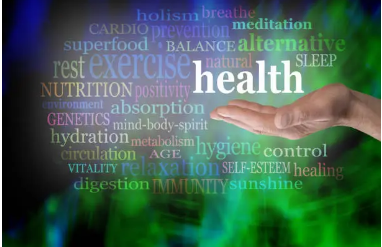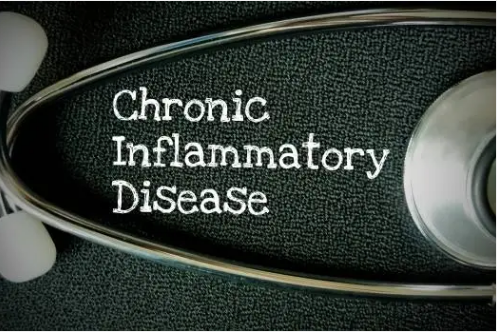The Importance of Self-Care and Wellness | Simple Strategies for a Healthier Life
Discover why self-care and wellness are essential in today’s fast-paced world. Learn practical self-care strategies, benefits, and evidence-based tips for a healthier, more balanced life.
🌿 Introduction
In a world that constantly demands our attention, self-care and wellness have become vital for maintaining balance. Modern life’s pace can easily lead to burnout, anxiety, and fatigue — but with intentional care, you can reclaim your energy and peace of mind.
This article explores what self-care truly means, how it connects to overall wellness, and how small daily practices can transform your mental, physical, and emotional health.

💡 What Is Self-Care?
Self-care refers to the intentional actions we take to maintain or improve our well-being. It’s not self-indulgence — it’s self-preservation.
Simple acts like taking a mindful walk, journaling, or saying “no” to overcommitment are all part of this essential practice. According to the World Health Organization (WHO), self-care empowers individuals to promote health, prevent disease, and cope with stress more effectively.
“Self-care isn’t as simple as taking bubble baths — it refers to all actions or activities that improve areas of your wellness.”
— Southern New Hampshire University (SNHU)
🌸 What Is Wellness?
Wellness is a holistic concept that goes beyond physical health. It includes the balance of mind, body, and spirit, touching on multiple interconnected areas of life.
According to the Substance Abuse and Mental Health Services Administration (SAMHSA), there are eight dimensions of wellness:
-
Emotional
-
Environmental
-
Financial
-
Intellectual
-
Occupational
-
Physical
-
Social
-
Spiritual
When you nurture each dimension, you build a strong foundation for lifelong health and happiness.
⚖️ The Relationship Between Self-Care and Wellness
Self-care is the practice that leads to wellness — the state of being well. When we commit to caring for ourselves consistently, every aspect of our life improves.
Key Benefits of Their Connection:
-
Better Stress Management: Regular self-care reduces anxiety and tension. (NIMH.gov)
-
Improved Clarity and Focus: Mental rest leads to better decision-making.
-
Physical Vitality: A balanced lifestyle enhances your immune system and energy levels.
-
Deeper Connections: You show up more authentically in relationships when you feel balanced.
🧠 Evidence-Based Benefits of Self-Care
Studies consistently show that consistent self-care practices result in measurable improvements in physical and emotional well-being. Here are some proven advantages:
-
Reduces stress and anxiety — through relaxation and mindfulness techniques.
-
Improves sleep quality and restores energy.
-
Boosts mental clarity and creativity.
-
Supports cardiovascular and immune health.
-
Builds emotional resilience to handle life’s challenges.
-
Fosters greater self-awareness and self-compassion. (Radias Health)
💪 Practical Self-Care Strategies
The best self-care routine is one that fits your lifestyle. Try incorporating these easy-to-follow techniques:
🕒 1. Establish a Daily Routine
Schedule self-care as part of your day — not as an afterthought. Even five minutes of quiet reflection can help.
🏃♀️ 2. Stay Physically Active
Engage in 30 minutes of daily movement such as walking, stretching, or yoga. (NIMH.gov)
❤️ 3. Nurture Emotional Wellness
Practice mindfulness, journaling, or gratitude to regulate emotions and release stress.
🤝 4. Connect with Others
Foster meaningful connections with friends, family, or communities that uplift you.
🧘 5. Mind Your Mind
Meditate, limit screen time, and take regular breaks to avoid burnout.
🌱 6. Create a Supportive Environment
Declutter your surroundings, introduce calming scents or plants, and create a space that promotes serenity.
🔄 How to Maintain Consistency
Consistency is key to achieving lasting wellness.
Here’s how to make self-care stick:

-
Start small and build gradually.
-
Use reminders — calendar alerts or sticky notes.
-
Set realistic goals and celebrate progress.
-
Avoid perfectionism. Self-care isn’t a checklist; it’s a lifestyle.
🧘 Remember: Self-care should refresh you, not stress you.
⚠️ When Self-Care Isn’t Enough
While self-care is beneficial, it’s not a replacement for professional help. If you experience persistent sadness, anxiety, or hopelessness, reach out to a qualified mental health professional.
Resources:
📅 Sample Weekly Self-Care Plan
| Day | Focus | Activity |
|---|---|---|
| Monday | Physical | 30-min morning walk |
| Tuesday | Social | Call or meet a friend |
| Wednesday | Mental | Journal for 10 minutes |
| Thursday | Environmental | Tidy your workspace |
| Friday | Emotional | Meditate before bed |
| Saturday | Play | Do something creative |
| Sunday | Spiritual | Reflect and plan for the week |
Download a free Self-Care Planner Template to create your own wellness schedule.
🌻 Conclusion
Self-care isn’t selfish — it’s survival.
When we prioritize our well-being, we unlock higher energy, sharper focus, and deeper peace. By making self-care part of your daily rhythm, you build a foundation for lifelong wellness and happiness.
Start today — even a few mindful minutes can transform your entire day.

